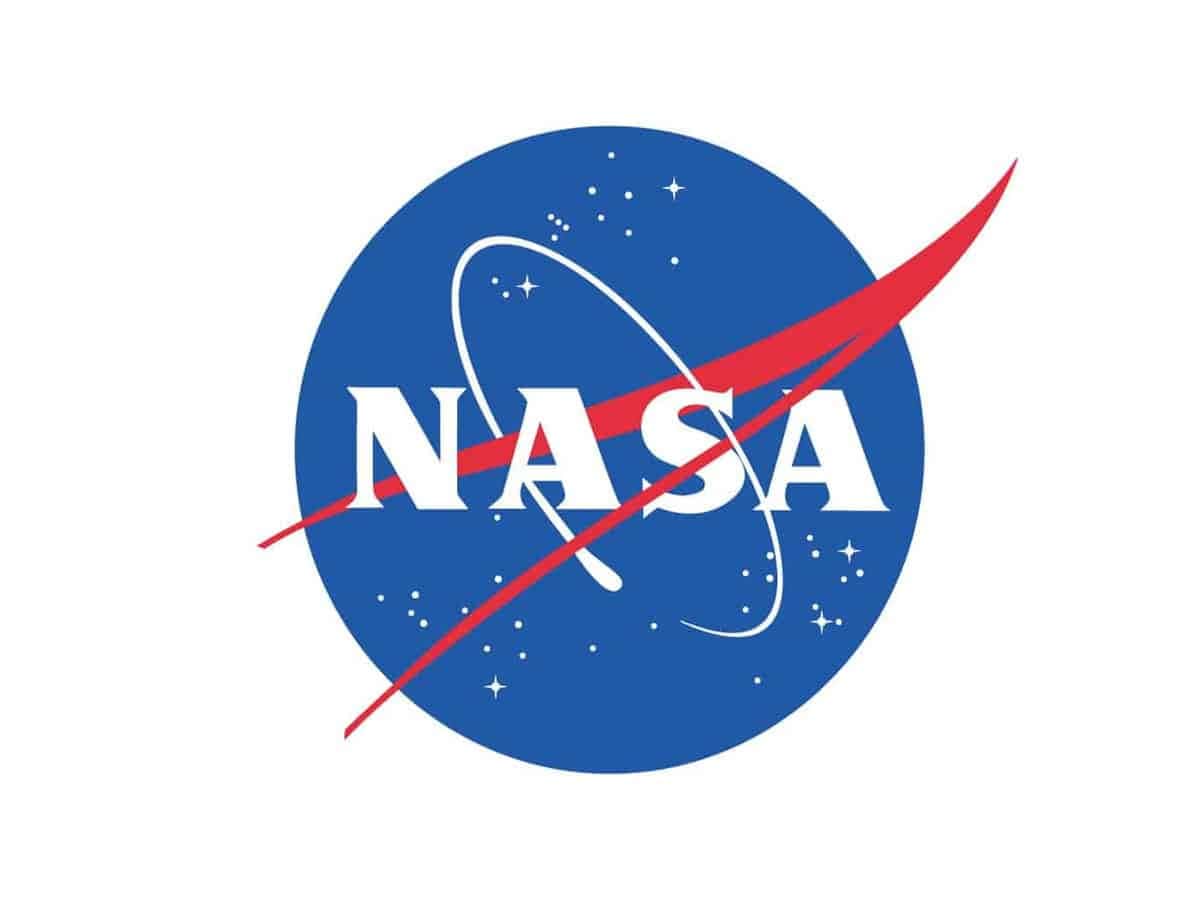Washington: The US space agency is seeking proposals for two new private astronaut missions to the International Space Station (ISS).
The first mission will occur between fall of 2022 and mid-2023 and the second will occur between mid-2023 and the end of 2023.
“A private astronaut mission involves US commercial spacecraft transporting private astronauts to the space station, where they conduct activities aboard the orbiting laboratory or a commercial structure attached to it. NASA is enabling up to two short-duration private astronaut missions per year,” the space agency said in a statement on Friday.
With these opportunities, US commercial companies will continue to play an essential role in establishing a sustained presence in low-Earth orbit (LEO) through the agency’s Commercial LEO Development Programme, it added.
“This year is truly a renaissance for human spaceflight both as we fly NASA and international partner astronauts on US commercial crew spacecraft to the International Space Station and also as we see the expansion of private astronaut missions,” said Phil McAlister, director of commercial spaceflight development at NASA Headquarters.
“As more people fly to space and do more things during their spaceflights, it attracts even more people to do more activities in low-Earth orbit, and reflects the growing market we envisioned when we began the Commercial Crew Program 10 years ago,” he added.
The new targeted flight opportunities will be the second and third private astronaut missions to the ISS.
NASA has signed an agreement with Axiom Space for the first private astronaut mission, to take place no earlier than January 2022.
Each of the new missions may be up to 14 days. Specific dates are dependent on spacecraft traffic to the space station and in-orbit activity planning and constraints.
“This strategy will provide services the government needs at a lower cost, enabling the agency to focus on its Artemis missions to the Moon and on to Mars while continuing to use low-Earth orbit as a training and proving ground for those deep space missions,” said NASA.

